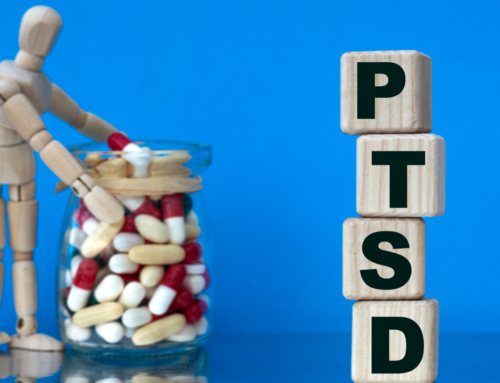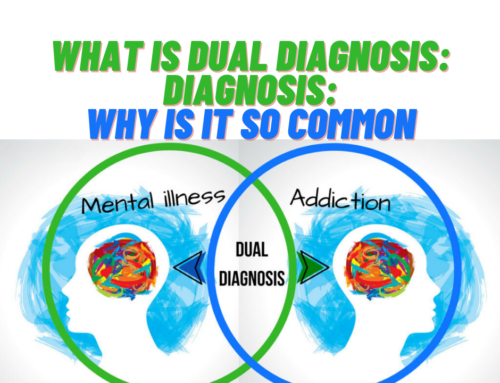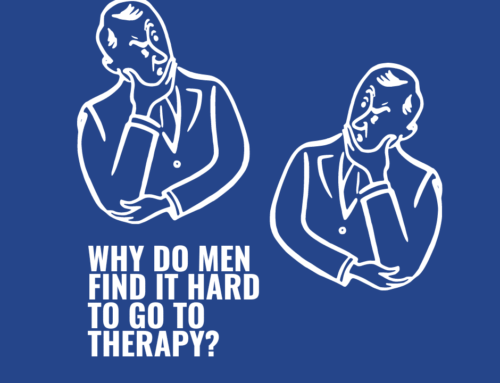Broadly speaking, an introvert is someone who gets energy from being alone while an extrovert is someone who gets energy from being around others. While no one is completely introverted or extroverted, the extroverts do seem to be in the majority. Somewhere between 50 and 74 percent of people are extroverts, while between 16 and 50 of people are introverts. Since humans are a social species, it makes sense that there are more extroverts and our society tends to reward more extroverted behavior. That can make things tough for introverts in some ways, including those trying to recover from addiction. Here are some common challenges introverts face in addiction recovery.
Introverts are less social.
Strong social connection and a feeling of belonging are strong predictors of success in recovery. Having a good social network reduces stress and increases the resources you have to deal with problems. Unfortunately, introverts are less interested in socializing. Although everyone needs social interaction to some degree, introverts often find socializing overwhelming and tiring. That can make it very hard to put in the effort to make sober friends and strengthen ties to supportive friends and relatives. Social connection is even important in treatment, as group therapy is central to most programs. Reluctance to engage in group therapy has been shown to increase risk of relapse.
Introverts can adapt to this by choosing their friends carefully. It’s not so important to have a lot of friends as it is to have at least a few close friends you can rely on. It’s also important to recognize the benefits of group interaction and make it a point to engage, even if it means scheduling some alone time to recuperate.
Introverts can live in their own heads.
One major challenge for introverts in recovery is that they tend to live too much in their own heads. Patterns of rumination, self-criticism, or worry can feel impossible to escape, which is often why they start using drugs or alcohol in the first place. Whereas extroverts can often change their state of mind by changing their environment, introverts often feel like their problems follow them wherever they go. What’s more, introverts often feel like they can solve their problems with more thinking, whereas extroverts are more likely to act. As a result, introverts can often feel at the mercy of their own minds.
There are two main ways to deal with this. The first is to use techniques from cognitive behavioral therapy to manage distorted thinking, which is what causes most of our emotional distress. Since introverts typically have the edge in knowing what’s going on their own heads, they can usually get the hang of this pretty easily. The second way is to act more instead of thinking. Try to fix a problem or change your environment. Get together with friends or find some other positive way to distract yourself.
At Alta Lama Transformational Services, you will meet knowledgeable, compassionate professionals that understand addiction in all its forms. Alta Lama uses an integrative and holistic approach to treat addiction and mental health issues. No treatment is one-size-fits-all, where you will have a team of experts prepared to create your customized treatment plan. We offer care for your mind, body, and spirit, so that you can heal from the inside out and look forward to a lifetime of sobriety and wellness. If you are ready to take the first step in your recovery, please call us at 866-457-3843.



